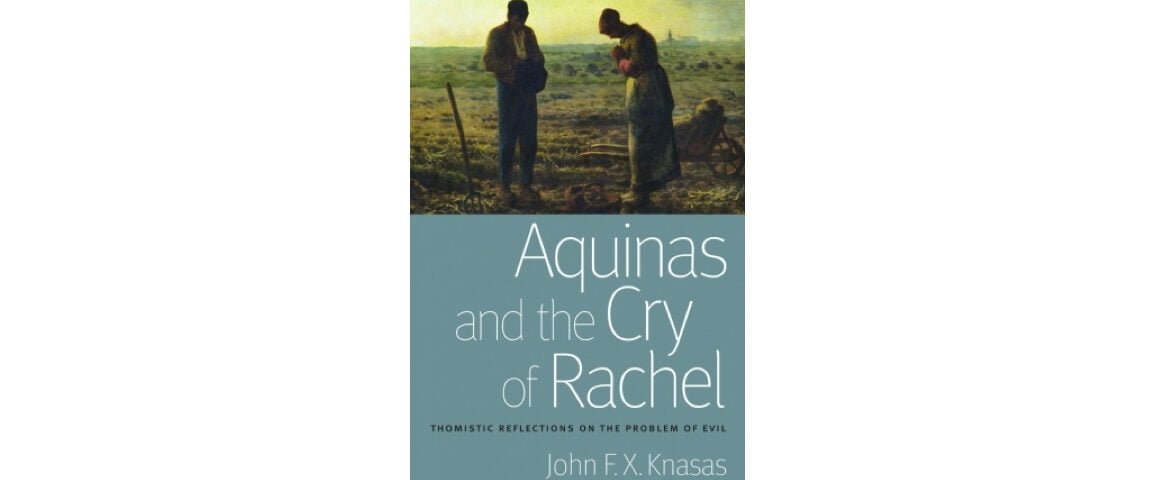

Over time, they promoted his law practice and saw to his appointment first as solicitor general for the province and later as attorney general. “His sentiments were purely American.”īut as the divide between the colonies and the Crown deepened, highly placed loyalists aggressively courted Sewall. Sewall was then a patriot,” Adams later recalled. As early as 1759, it was Sewall who, sensing the financial burdens that Great Britain would impose on the colonies after the French and Indian War, encouraged Adams to write his first political letters for publication. Jonathan Sewall and John Adams were lawyers, close friends, and intellectual confidants. But at the beginning of 1775, rebels or loyalists were the terms usually employed.Įither way, mere labels could not adequately convey the emotional cost to personal relationships.

The political labels of Whigs and Tories were also applied. Who were the true patriots - rebels who fought for a change of government or loyalists who stood by their sovereign? In hindsight, American propagandists would glory in the term patriot for those who had risen up against British oppression and apply Tory in a derogative fashion to those who fled the country, fought against them, or merely tried to avoid the fray. In the absence of a united groundswell of popular uprising, the political situation was complicated, and it carried with it an ugly overtone of civil war. Perhaps most troubling, the lines between colonists loyal to the king and those advocating rebellion were not clearly drawn, and this uncertainty made for uneasy relationships, particularly among families, neighbors, and friends. In the spring of 1775, the inhabitants of the thirteen colonies were forced to make a choice between loyalty to the existing government of King George III or the hope of a less oppressive political structure. Excerpted from "American Spring: Lexington, Concord and the Road to Revolution"


 0 kommentar(er)
0 kommentar(er)
